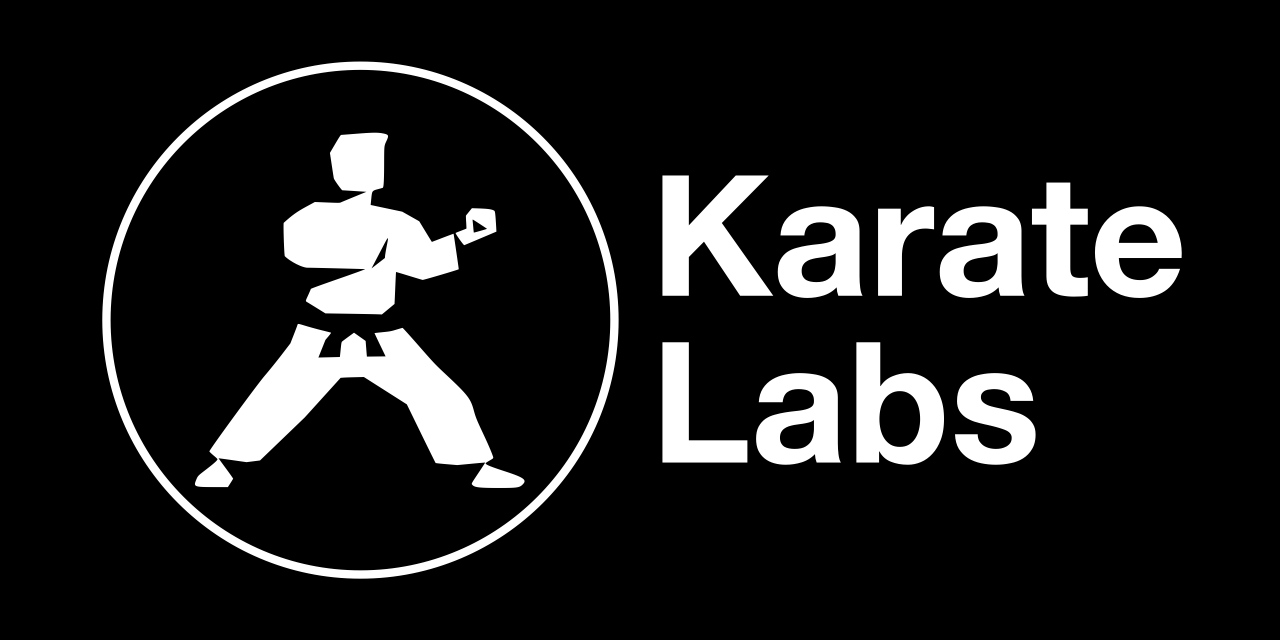-
-
Notifications
You must be signed in to change notification settings - Fork 1.9k
Developer Guide
- Git
- JDK 17 (or higher) (even OpenJDK is fine)
-
Eclipse or any Java IDE that supports Maven
- for example in IntelliJ and NetBeans, you can directly "import" a folder with a
pom.xmlfile in it as a "project", and things will just work - if you are behind a proxy, this article may be helpful
- for example in IntelliJ and NetBeans, you can directly "import" a folder with a
- Maven - optional, but recommended - especially to build the JAR-s / binaries
git clone https://github.com/karatelabs/karate.git
If you just want to build the binaries to test locally, and you have trouble installing (or want to avoid installing) Java and Maven, see Docker.
- change to the
karatefolder created when you cloned the project from GitHub - make sure you switch to the right branch. most likely you want to do this:
git checkout develop
- to build the maven artifacts locally:
-
mvn clean install -P pre-release -pl -karate-robot- the
-ploption with a-prefix tokarate-robotis to exclude that module from the build, because it will download a lot of large JAR files by default
- the
- unit tests should never fail and if they do, please do consider debugging and letting us know the fix !
- but if you get stuck, add
-DskipTestsat the end of the above command to proceed
- but if you get stuck, add
- this will locally "install" the
karate-core,karate-junit5and other Maven output artifacts, and then you can refer to them in a Java project - if you are only interested in e.g.
karate-junit5, you can save time by doing this:mvn clean install -P pre-release -pl karate-core,karate-junit5
-
- and finally, make sure that you update the version of the Karate dependencies (typically
karate-junit5) in thepom.xml(orbuild.gradle) that you are testing to match what was just "built"- Gradle users will need to point to
mavenLocal()
- Gradle users will need to point to
Note that this is optional if you only need the Maven (or Gradle) artifacts.
- After you ran the above command, change to the
karate/karate-corefolder mvn package -P fatjar- you will get the JAR in
karate/karate-core/target/karate-<version>.jar
Note that this is optional if you only need the Maven (or Gradle) artifacts.
- change to the
karate/karate-robotfolder - edit the
pom.xml- look for the
fatjarprofile, and tweak themaven-shade-plugin<exclusions>to only include the "platform" you want to build a JAR for - you can run
mvn dependency:treeto get a sense of all possible platforms
- look for the
- run
mvn install -P fatjar
To develop Karate you need to use Maven. If you are trying to build the karate-demo project and run into issues, please read this.
The "foolproof" way to build Karate using OpenJDK and Docker goes like this. The best part is you only need Docker to be installed !
Note that the -v "$HOME/.m2":/root/.m2 re-uses your local Maven JAR download "cache" (which saves time), but you can omit it if needed for a true "from scratch" experience. But you most likely should use it, because it makes sure the Java libraries (JAR files) are "installed" locally so that you can refer to them in your maven pom.xml.
If you are on Windows, refer to this for equivalents of the $(pwd) etc.
docker run -it --rm -v "$(pwd)":/src -w /src -v "$HOME/.m2":/root/.m2 maven:3-amazoncorretto-17 mvn clean install -P pre-release -pl -karate-robot,-karate-playwright
Again, if unit-tests fail (they ideally should not, and if you see some that do, please help us fix those !) you can add -DskipTests. This command should work for all Java versions, for e.g. instead of maven:3-jdk-11, use something else
Here is an example if you only want to build karate-junit5:
docker run -it --rm -v "$(pwd)":/src -w /src -v "$HOME/.m2":/root/.m2 maven:3-amazoncorretto-17 mvn clean install -P pre-release -pl karate-core,karate-junit5
To build the stand-alone JAR:
docker run -it --rm -v "$(pwd)":/src -w /src/karate-core -v "$HOME/.m2":/root/.m2 maven:3-amazoncorretto-17 mvn package -P fatjar
The karate-chrome Docker container can be built locally by running the build-docker.sh in the project root folder. Of course you need Docker installed and running.
Once you build the container and if you have made changes, you can (optionally) "tag" it locally if you need to test any code or config that points to the karatelabs/karate-chrome image:
docker tag karate-chrome karatelabs/karate-chrome:latest
Refer to the Docker wiki for more.
